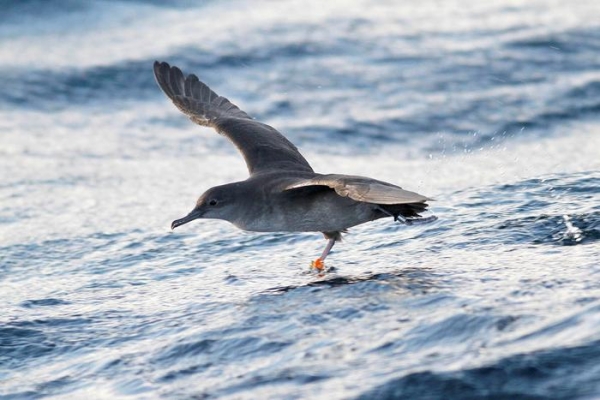How individual animals respond to climate change is key to whether populations will persist or go extinct.
How individual animals respond to climate change is key to whether populations will persist or go extinct. Many species are shifting their ranges as the environment warms, but up to now the mechanisms underlying this have been unclear. For Europe’s most endangered seabird, the Balearic shearwater (Puffinus mauretanicus), new research has revealed that individual behavioural flexibility and not evolutionary selection is driving this species’ rapid migratory range shift. The study, led by University of Oxford biologists, has been published today in the journal Proceedings of the National Academy of Sciences.
The findings could help inform conservation strategies for vulnerable migratory bird species. The results also suggest that individual animals may have greater behavioural flexibility to respond to climate change impacts than previously thought, although this behavioural adaptation may have hidden costs, making the long-term impact on this species unclear.
Balearic shearwaters are long-lived but Critically Endangered mainly because of declines driven by fisheries by-catch, as they can get caught on baited longline hooks and gill nets. They breed in remote corners of the Mediterranean’s Balearic Islands, then migrate to spend the summer off the Atlantic coasts of Spain, France, and increasingly the UK.
Since 2010, researchers from Oxford University’s Biology Department and from the University of Liverpool, together with collaborators working in Ibiza, have been tracking colonies in Mallorca using miniature on-board geolocation devices. This revealed that the birds have been migrating further and further north once they leave the Mediterranean.
Read more at University of Oxford
Image: A Balearic shearwater carrying a geolocator. (Credit: Joe Pender)




